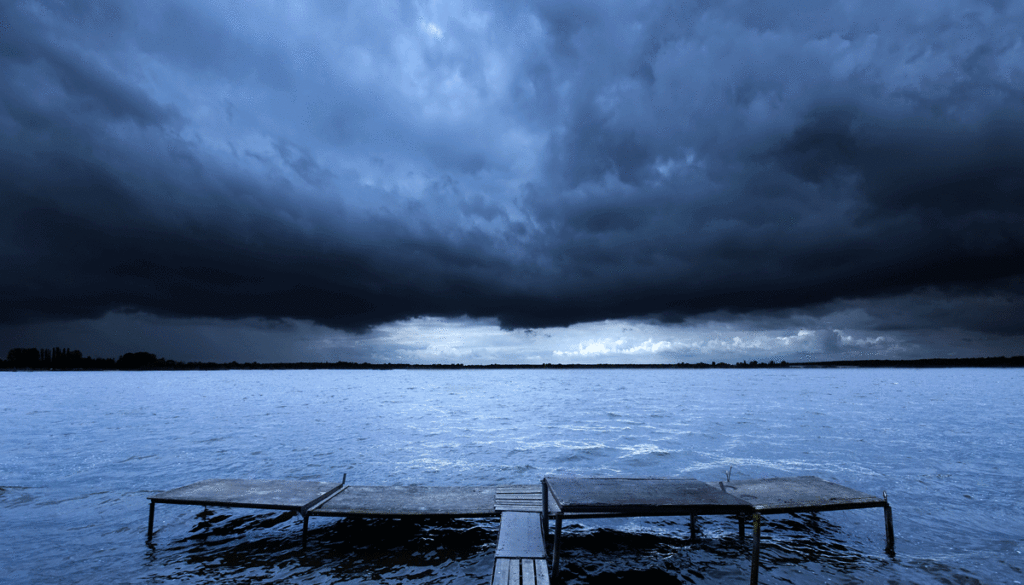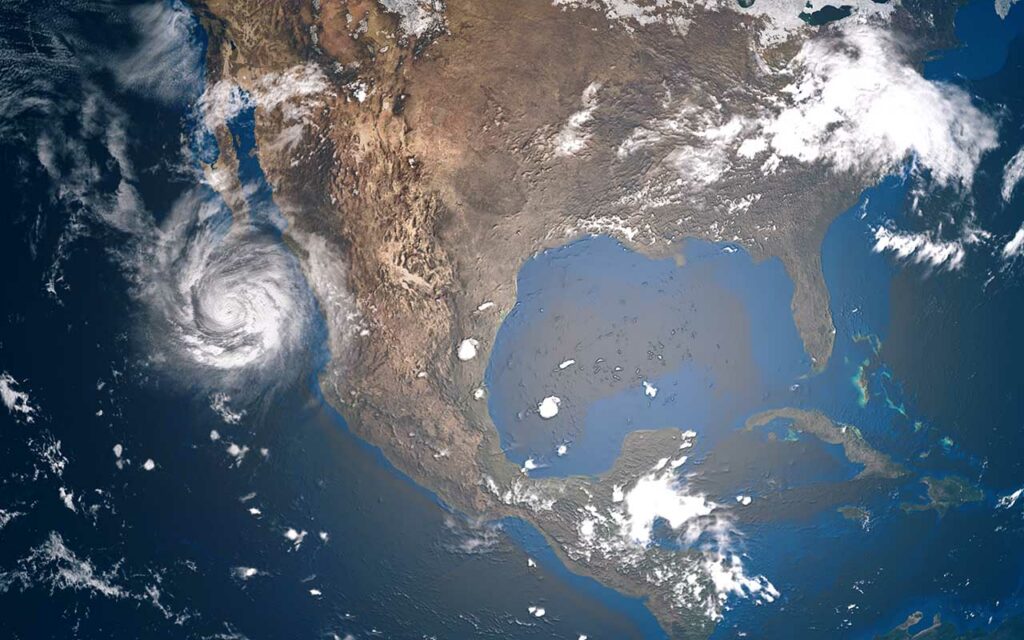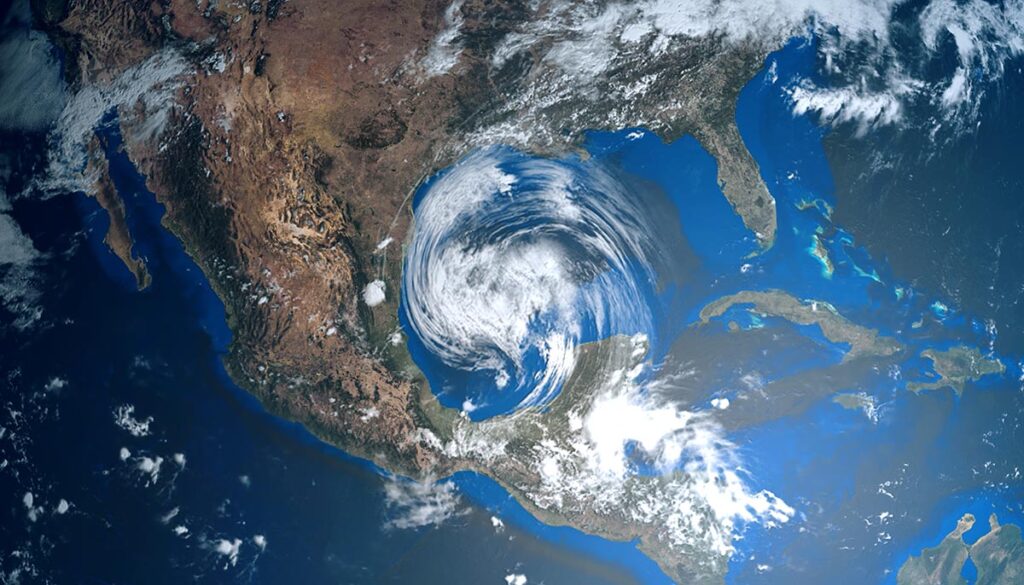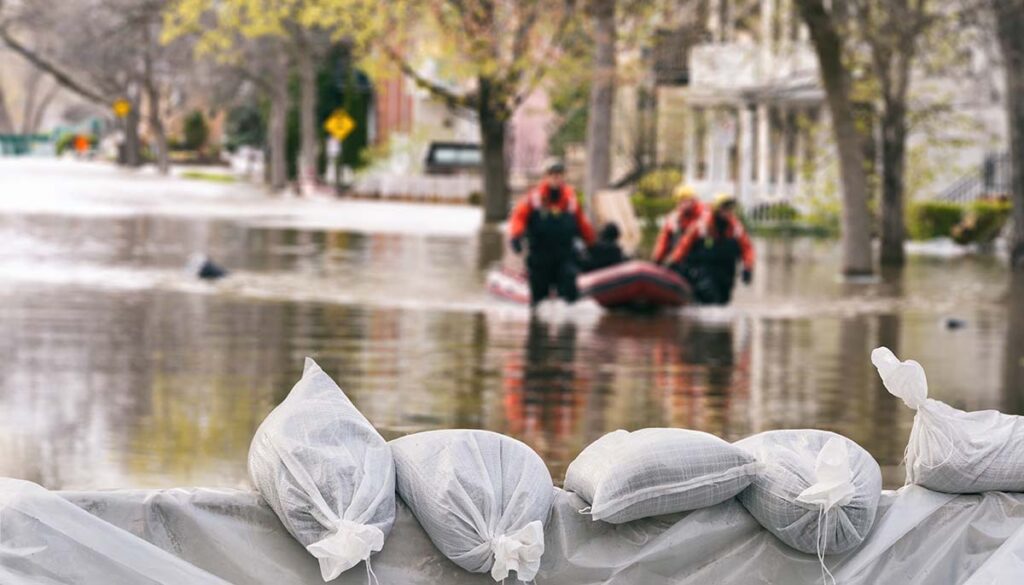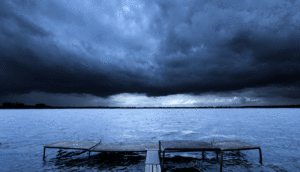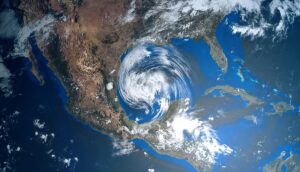When heavy snowfall traps you in your home, it’s easy to panic. However, the best advice for responding to severe weather is to stay calm. Today, we’re going over a few tips to help you make it out safely the next time you’re caught in a blizzard.
Keep the House Warm
If you find yourself snowed in, the first thing you should do is close off rooms you’re not using. When the power goes out, you’ll quickly find your home getting colder. Stuff towels or rags in the gaps between doors and windows to slow the rate at which heat escapes the room you’re using.
Close your blinds and curtains to give your room some insulation against the cold. It’s not much, but it could keep the temperature a few degrees higher. Dress in multiple light layers to keep warmth close to your body.
If your home has a wood stove or fireplace, you can use this for warmth. Keep at least a small fire going throughout the storm to keep snow or ice from accumulating in the chimney. A backup of smoke in your home can be deadly. Conserve your firewood supply by keeping the fire low. You want your flame to be just hot enough to keep the room warm without consuming your supplies too swiftly.
Even after the storm passes, keep your fire going. The smoke can signal your position to emergency workers.
Stay Indoors
You might be tempted to head outside to signal for help or look for food. However, during heavy snowfall, it’s safest to stay inside. No snowstorm lasts forever, and you’ll eventually be able to get out and tend to your property. Most fatalities in winter weather occur when people leave the warmth and safety of their homes.
Stock up on non-perishable food items before any snowstorm arrives. Items like granola bars, cereal, and canned vegetables are perfect emergency food. Not only do these foods not require refrigeration, but they also don’t need to be heated up to be safely consumed. Remember to eat every few hours! Taking in calories keeps your body warm.
Once the storm ends, be careful about heading outside. The temperature outside isn’t any safer just because the snow has stopped falling. If rescue crews have passed you by multiple times, only head outdoors when you know the rescuers will see you.
Calling for Help
Use your cell phone to call for help if the situation is dire. If the power goes out, only use your phone for emergency calls. Likewise, if the storm has knocked out cell service, you should keep your phone off to conserve its battery power.
Usually, the authorities can’t reach remote areas until after the worst of the storm has passed. As such, you must reach out for help as soon as you realize that you’ve entered a survival situation. Make sure you keep a battery-powered radio with your emergency supplies, as well as batteries to power it. The radio can help you keep tabs on the weather report even if the power goes out.

